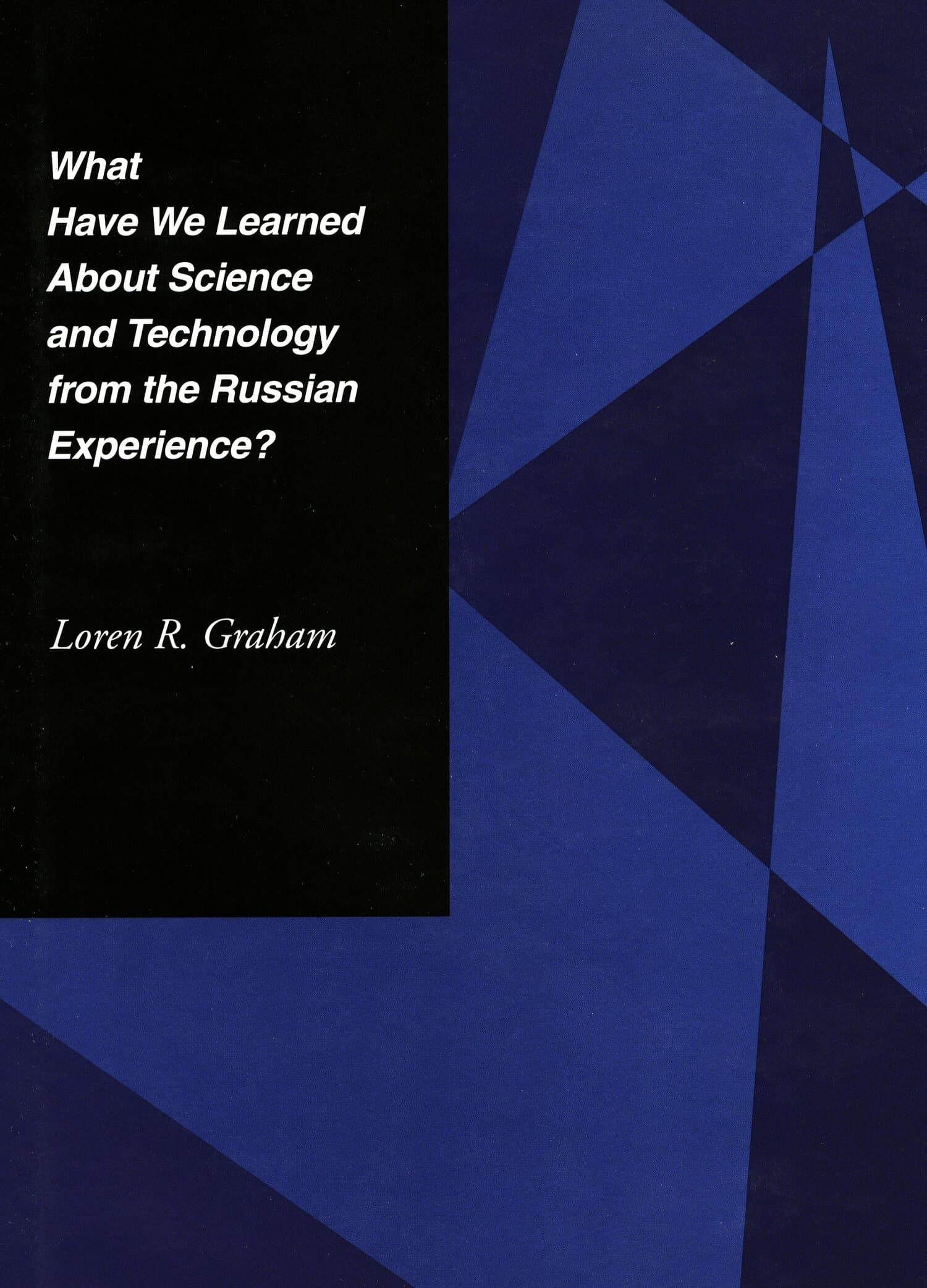The Science of Science Policy

Basic scientific research and technological development have had an enormous impact on innovation, economic growth, and social well-being. Yet science policy debates have long been dominated by advocates for particular scientific fields or missions. In the absence of a deeper understanding of the changing framework in which innovation occurs, policymakers cannot predict how best to make and manage investments to exploit our most promising and important opportunities.
Since 2005, a science of science policy has developed rapidly in response to policymakers' increased demands for better tools and the social sciences' capacity to provide them. The Science of Science Policy: A Handbook brings together some of the best and brightest minds working in science policy to explore the foundations of an evidence-based platform for the field.
The contributions in this book provide an overview of the current state of the science of science policy from three angles: theoretical, empirical, and policy in practice. They offer perspectives from the broader social science, behavioral science, and policy communities on the fascinating challenges and prospects in this evolving arena. Drawing on domestic and international experiences, the text delivers insights about the critical questions that create a demand for a science of science policy.
"The editors have assembled a distinguished, interdisciplinary group of scholars who carefully and expertly map out a broader research agenda on this important topic. The end result is a lucid and insightful volume. This is a 'must read' for anyone interested in the public policy implications of innovation."—Donald S. Siegel, Dean and Professor, School of Business, University at Albany, SUNY
"Interested in the 'science' of science policy? Read this Handbook. Contributing academicians and practitioners provide their perspectives, questions, and considerations on the theoretical underpinnings; data required; budget process; political design rules; policy analogues; and international context of this emerging field of study. It'll get you thinking."—Connie K. N. Chang, former Chief of Staff and Research Director to the Under Secretary for Technology, former Technology Administration, U.S. Department of Commerce
"In this volume, many of the nation's foremost science policy scholars make the case for a more rational decision process to guide federal research funding, arguing that 'science for science policy' is a prerequisite. It is not clear that all federal policymakers are open to a rational process. But, the arguments in this book are, indeed, compelling and will certainly propel discussions on this matter."—Neal Lane, Rice University, Former Director of the Office of Science and Technology Policy and of the National Science Foundation




